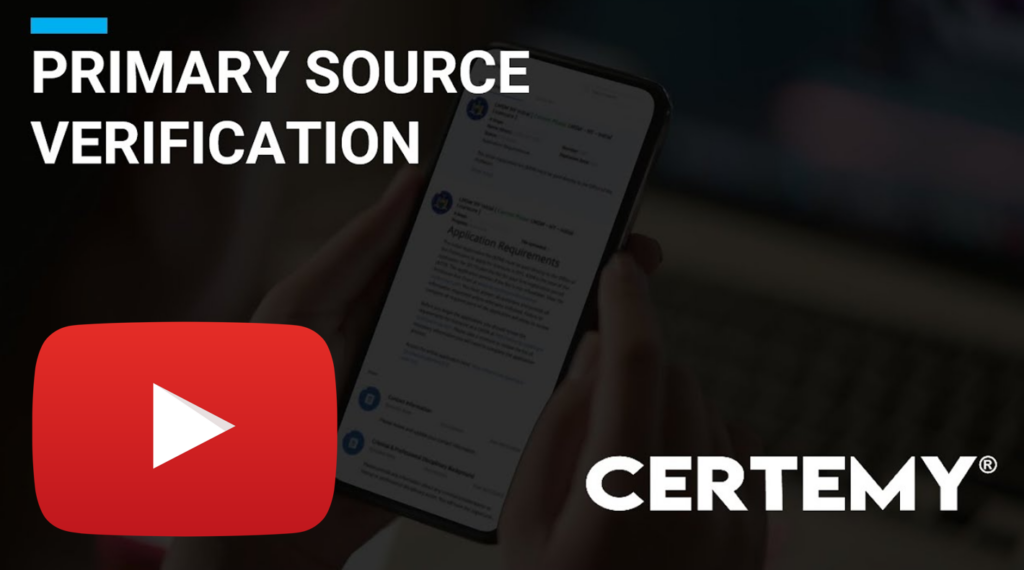
License Verification Tool | Advanced Diabetes Management
Diabetes is a serious medical condition which affects millions of Americans every year. It is the leading cause of blindness and kidney failure in the United States and has a significant impact on quality of life, mortality, and overall health. Managing this disease requires careful monitoring, adherence to doctor-prescribed treatments, and regular testing. While there is no cure for diabetes, there are treatments that can help individuals manage their condition and live more productive lives.
One important aspect of the medical management of diabetes is the use of license Verification technology, which enables healthcare providers and organizations to validate the issue of professional licenses. This technology helps ensure that healthcare providers maintain an appropriate level of knowledge and competency to treat patients with diabetes. Furthermore, this technology helps facilities and providers meet Compliance with federal and state regulations. As such, healthcare organizations should consider investing in license verification technology to provide an added level of safety and security for patients living with diabetes.The first step in implementing license verification technology is to establish a process for how the technology will be used. This typically involves the collaboration of leaders from multiple departments within the organization. For instance, personnel in the human resources, legal, and compliance departments should be involved. After the initial process of setting up the parameters, organizations must identify and enlist vendors who can provide the license verification technology. This should involve extensive research and due diligence to ensure that the technology will meet the organizations specific needs, provide the desired level of safety and security, and remain compliant with the applicable regulations.Once an appropriate vendor has been selected, organizations will need to create a workflow that will enable the license verification process to take place. This workflow should include details such as the steps that processes must go through, the materials that must be provided, the people involved in each step of the process, and the timeline for each step. The workflow should also account for the necessary data collection, storage, and analysis. Additionally, the licensing authority will need to be regularly consulted to ensure compliance with any applicable regulations and laws.Once a comprehensive workflow is in place, organizations can make use of the license verification technology to quickly and accurately assess the credentials of healthcare professionals. The technology can provide detailed reports that include information such as the license type, license number, license expiration date, the state the license was issued in, and any disciplinary information. This data can then be used to ensure that all healthcare providers possess appropriate credentials and are qualified to treat patients with diabetes.Finally, organizations must take steps to ensure that the license verification technology is deployed properly and remains compliant with applicable laws and regulations. This includes regularly consulting the licensing authority, updating software and systems when necessary, and ensuring that all data is secure. Additionally, organizations should monitor how the system is being used to ensure that it is appropriately deployed and not being used for anything other than its intended purpose.By deploying license verification technology, healthcare organizations can significantly enhance the overall effectiveness of their advanced diabetes management. This technology can provide an additional layer of safety and security for patients, while also aiding in meeting the necessary compliance regulations. Organizations looking to invest in this technology should invest the necessary resources into setting up a robust process that will ensure the technology meets their specific needs.Topics:

